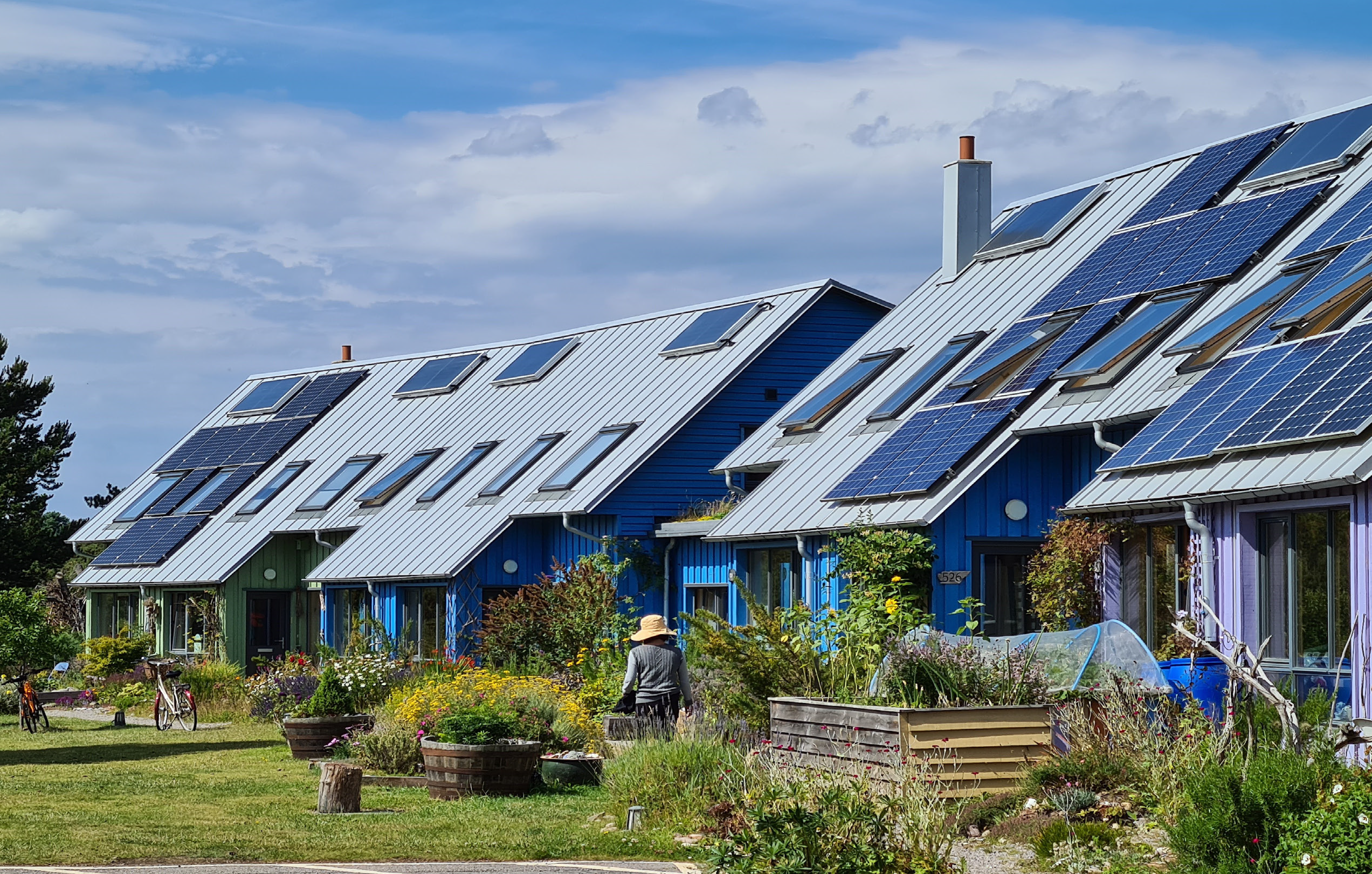The global climate crisis is threatening every human on the planet. Every increase in warming results in escalating hazards. More intense heatwaves, heavier rainfall and other weather extremes further increase risks for human health and ecosystems, affecting vulnerable populations the most.
The good news is that there are several possible ways to reduce emissions and adapt to climate change, and they are available now.
This is one of the main conclusions of the latest report from the Intergovernmental Panel on Climate Change (IPCC), released this week.
The synthesis report, summing up the panel’s Sixth Assessment cycle, points not only to the urgency of climate action, but to the solutions in climate resilient development.
They involve integrating measures to adapt to climate change with actions that both reduce or avoid emissions while providing wider benefits at the same time.
Viable and cost-effective solutions
According to the IPCC report, large and cost-effective contributions to emissions reductions can come from solar and wind energy, energy efficiency improvements, and methane emissions reductions.
The report points out, that energy efficiency, along with other mitigation options, is technically viable, increasingly cost effective and generally supported by the public.
It also highlights the fact, that along with diversification of energy generation through wind, solar and small scale hydropower, energy efficiency improvements will increase energy reliability and reduce vulnerabilities to climate change.
In line with UNEP Copenhagen Climate Centre’s work with partners in developing countries to pursue low-emission, climate-resilient pathways for sustainable development and climate action, the IPCC synthesis report states, that both mitigation and adaptation action can lead to trade-offs with sustainable development.
The report goes on to specifically mention the potential synergies between sustainable development and energy efficiency and renewable energy.
The Copenhagen Centre on Energy Efficiency
UNEP Copenhagen Climate Centre (UNEP-CCC) works towards the global target of doubling the global rate of improvement in energy efficiency by 2030, as outlined in SDG 7 and mirrored by the United Nations Secretary General’s Sustainable Energy for All (SEforALL).
The Copenhagen Centre on Energy Efficiency (C2E2), an integral part of UNEP-CCC and the global thematic hub for energy efficiency for SEforALL, is dedicated to accelerating the uptake of energy efficiency policies and programmes on a global scale.
Several experts from UNEP-CCC and C2E2, have contributed to the IPCC reports forming the background for this year’s synthesis report.
In the report on Impacts, Adaptation and Vulnerability, published in February 2022, UNEP Copenhagen Climate Centre experts contributed to chapters on Food, fibre, and other ecosystem products, Urban systems and other settlements, Energy Systems and Tropical forests, and in the report on Mitigation of Climate Change, published in April 2022, there were contributions to the chapters on Transport and on Accelerating the transition in the context of sustainable development.
Finance is needed – reducing barriers crucial
In 2018, IPCC highlighted the unprecedented challenges ahead, if we are to keep warming to 1.5°C. Now, five years later, the challenges have become even greater. What has been done so far has been insufficient, and current commitments and plans, are not nearly enough to tackle the climate crisis.
IPCC points out, that climate resilient development becomes progressively harder to achieve as the world heats up.
The good news is, that there is sufficient global capital to rapidly reduce emissions.
Developing business models and funding mechanisms for energy efficiency and working with large scale energy providers are some of the ways in which the C2E2 is working to reduce existing barriers for finance, creating success stories ready for replication globally.
The goal is a world where technology and policies that work are shared, and finance is available here and now. A world where, according to the IPCC reports, every community can reduce or avoid emissions.


